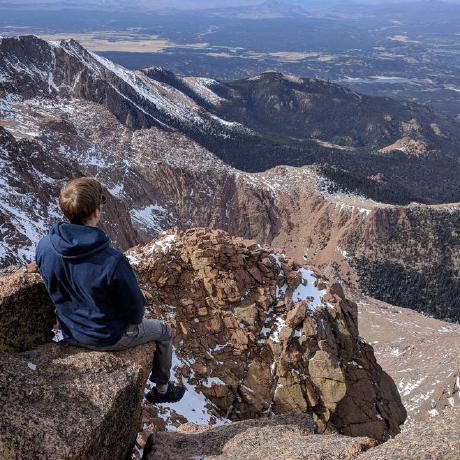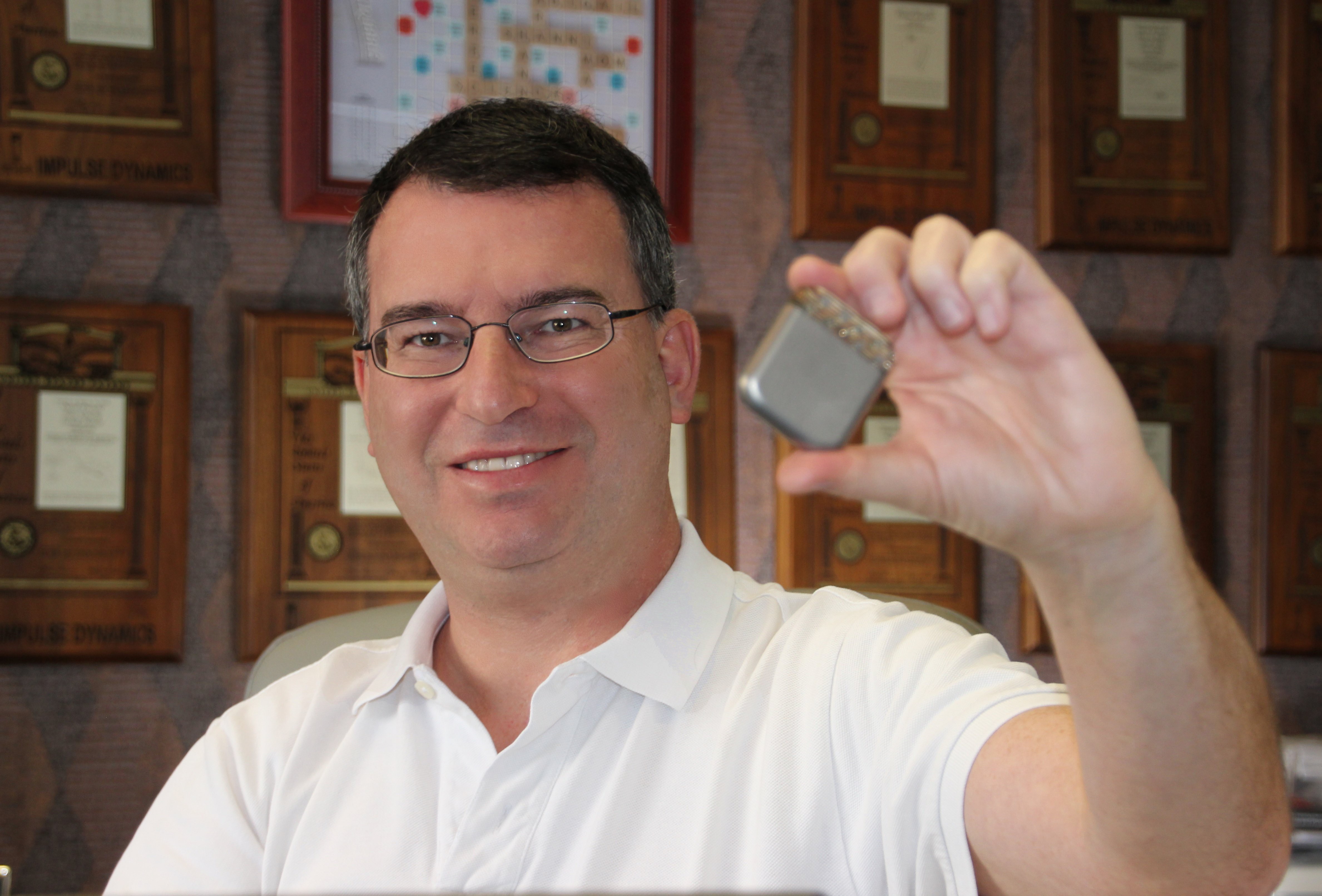
Scott Tilley 3:47 PM
The above image proves that a satellite's orbit is fixed to the stars.
|

n1sat 3:48 PM
What's the X axis? MJD??
|

Matthew Phelps 3:48 PM
What is your preferred pointing angle calibration method? Point at a good reference sat and and find point of max gain as it passes over the main lobe? Also, whats the beamwidth of your MLD?
|

Scott Tilley 3:48 PM
It's a full lunar day of NASA's LRO orbiting the moon. The sine shaped curve over the full lunar day shows us the change in the our perspective of the plan of the orbit as the moon orbits Earth.
|

Scott Tilley 3:49 PM
The best reference are GEO satellites, the Sun or distant space probes in orbit of say Mars.
|

Scott Tilley 3:49 PM
MJD = Modified Julian Date
|

Scott Tilley 3:50 PM
Julian dates are much better for calculation than Gregorian styles.
|

Scott Tilley 3:51 PM
MJD is somewhat of a standard when you refer to time for satellite tracking.
|

n1sat 3:52 PM
got it. Looks like it's easy to acquire with the astropy python lib
|
|
ka9cql 3:53 PM
@Scott Tilley Thank you for that https://skyriddles.wordpress.com/2019/01/04/basic-orbital-dynamics/ - Exceptionally informative!
|

JoseSanxez 3:53 PM
Thanks for the GPS plot Scott. Would you please point to some literature on the pol method to derive sat attitude? If it is already in your blog is just ok;)
|

Scott Tilley 3:54 PM
Here's a summary of what I think are necessary skills for satellite tracking. Knowledge of the night sky and basic astronomy. Analytical skills to perform calculations and reduction of data. Good experimental skills to collect reliable data and understand error management. Research skills to find useful information to develop your work. The tech side of things will come. But one needs to understand the general concepts and have a good grasp of the scientific method and be willing to be beat up by it for a long time :-)
|

Scott Tilley 3:56 PM
The polarization method is just being developed live and in real-time on my micro blog here, its all new work. https://twitter.com/coastal8049/status/1714125469103349887
|
|
in3dye 3:56 PM
Are all (or usually) satellite transmitting all the time on same frequency? I mean, is the a
of doppler
|
|
in3dye 3:57 PM
Is the method of doppler analysis Always applicable?
|

Scott Tilley 3:57 PM
No satellites use all kinds of different frequencies. That's part of the fun. Some can be found in government databases, others you need to search for and find.
|

Nate 3:58 PM
some dont transmit over certain locations too, the fengyun's mentioned before shut off over most of NA
|

Scott Tilley 3:58 PM
Doppler works if you know that the spacecraft carrier is free running and not unstable. It can also be used for two-way and three-way analysis by including the ground station location in the analysis. There are some cases where Doppler doesn't work well like GEO satellites.
|
|
Ian 3:59 PM
sorry, I don't know much about satellites. Can someone please give ma an insight?
|

Scott Tilley 3:59 PM
One can also use radio positional measurements to develop orbits.
|
|
in3dye 4:00 PM
I mean, the same satellite uses Always the same frequency and is transmitting control data all the time? I assume the general answer is no, but maybe in most of the cases is yes?
|

Dan Maloney 4:00 PM
@Ian, we're just about to wrap up here, sorry. I'll post a transcript in a few minutes so you can review
|

Scott Tilley 4:00 PM
https://twitter.com/coastal8049/status/1511145334978023424
|
|
Ian 4:01 PM
Ok, no problem. Thank you!
|

n1sat 4:02 PM
Which python libraries do you find yourself using most frequently?
|

Scott Tilley 4:02 PM
Most satellites use the same frequency once they start using it. They may have a secondary but they rarely change frequency once they start their missions.
|

JoseSanxez 4:02 PM
Thank you, great session
|
|
in3dye 4:02 PM
Thank you
|

Dan Maloney 4:02 PM
So yeah, that about uses up our allotted hour. I just want to say a huge thank you to Scott for his time today, I really appreciate it as I'll bet we all do. This was a really fascinating topic that I was really waiting for. And thanks to everyone for all the great questions!
|

n1sat 4:02 PM
Thanks for the info, Scott!
|

Scott Tilley 4:03 PM
Python libraries related to celestial positions and time. There are a few and I pick the one that minimizes the work.
|

Scott Tilley 4:03 PM
Thanks for having me Dan. I'm very active here: https://twitter.com/coastal8049 should you have more interest.
|

Richard Stanley 4:04 PM
Thanks @Scott Tilley
|

Dan Maloney 4:05 PM
My pleasure! And like I said, transcript coming up -- just need to wait for Tom to wrap up recording the podcast ;-)
|

David Prutchi 4:06 PM
I as an avid follower of Scott, I can say he’s awesome and always extremely helpful! Thank you!
|
Hack Chat Transcript, Page 2
A event log for Satellite Hunting Hack Chat
What's really going on up there?
 Tom Nardi
Tom Nardi
Discussions
Become a Hackaday.io Member
Create an account to leave a comment. Already have an account? Log In.